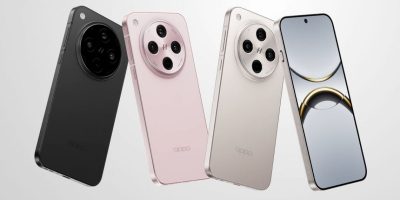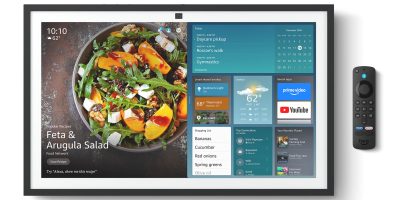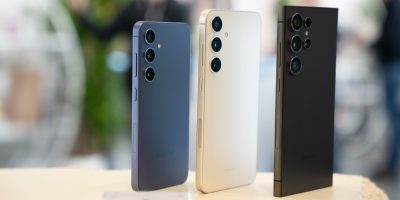When the Pixel 6 and 6 Pro were announced, many of us were excited that Google would finally be implementing faster charging speeds. No, these aren’t what you’ll find with the 65W offered by the OnePlus 9 Pro, but jumping from 18W to the claimed 30W is a nice jump. Pair that with the larger 5,000mAh battery in the Pixel 6 Pro, and it was pretty much the dream scenario.
However, now that the devices have been available for a couple of weeks, owners of the device have started to come across various issues. We’ve seen the random screen flickering, and disappointing fingerprint scanning results. But the latest “hit” for the Pixel 6 lineup has everything to do with the aforementioned charging speeds.
Google was able to achieve the claimed 30W charging speeds by adopting USB Power Delivery 3.0 (PPS), which would require a completely different charging brick than what the company included previously. As such, Google stopped including a charging brick in the box, and started selling a new 30W USB-C brick through its online storefront. That wasn’t the end of the world, as we’ve already seen other companies make the same move, such as Samsung and Apple.
But it would appear as though something else is going on, as the team over at Android Authority performed a series of tests after noticing that the phones were charging slower than advertised. Here’s what they found when using the official Google 30W USB-C brick and various fast charging-compatible cables:
Based on our testing using Google’s official 30W USB-C Adapter and a handful of compatible fast charging cables, we discovered that the maximum power obtained from both the Pixel 6 and Pixel 6 Pro is just 22W, with and an average of just 13W over a full cycle. At no point during our testing did we see speeds anywhere close to the 30W charging that many have (quite fairly) assumed the Pixel 6 series is capable of.
We corroborated these findings with tests using other high-power USB Power Delivery PPS plugs such as the Anker Nano II, Samsung 45W Travel Adapter, and the Elecjet X21 Pro— all of which showed a maximum output of 22W when charging either the Pixel 6 or Pixel 6 Pro. All of the adapters used were UK variants, though our data from testing US chargers with USB PD PPS support also showed peak charging of 22W or below on a US model Pixel 6.
By only reaching peak charging speeds of 22W and an average of 13W, this resulted in the Pixel 6 Pro and its 5,000mAh battery being charged in around 111 minutes. And in case you were wondering if these results had something to do with Google’s Adaptive Battery settings, Android Authority ensured that all of those settings were “switched off”.
The report from Android Authority goes in-depth, including comparing the charging speed of the Pixel 6 Pro to that of the Galaxy S21 Ultra. Along with showing that the difference between using an 18W charger and a 30W charger results in a 10-minute difference.
At the time of this writing, Google has not responded to these claims to offer an explanation. Hopefully, the company does so sooner rather than later and explains why our new phones are charging much slower than what was originally expected.










Comments